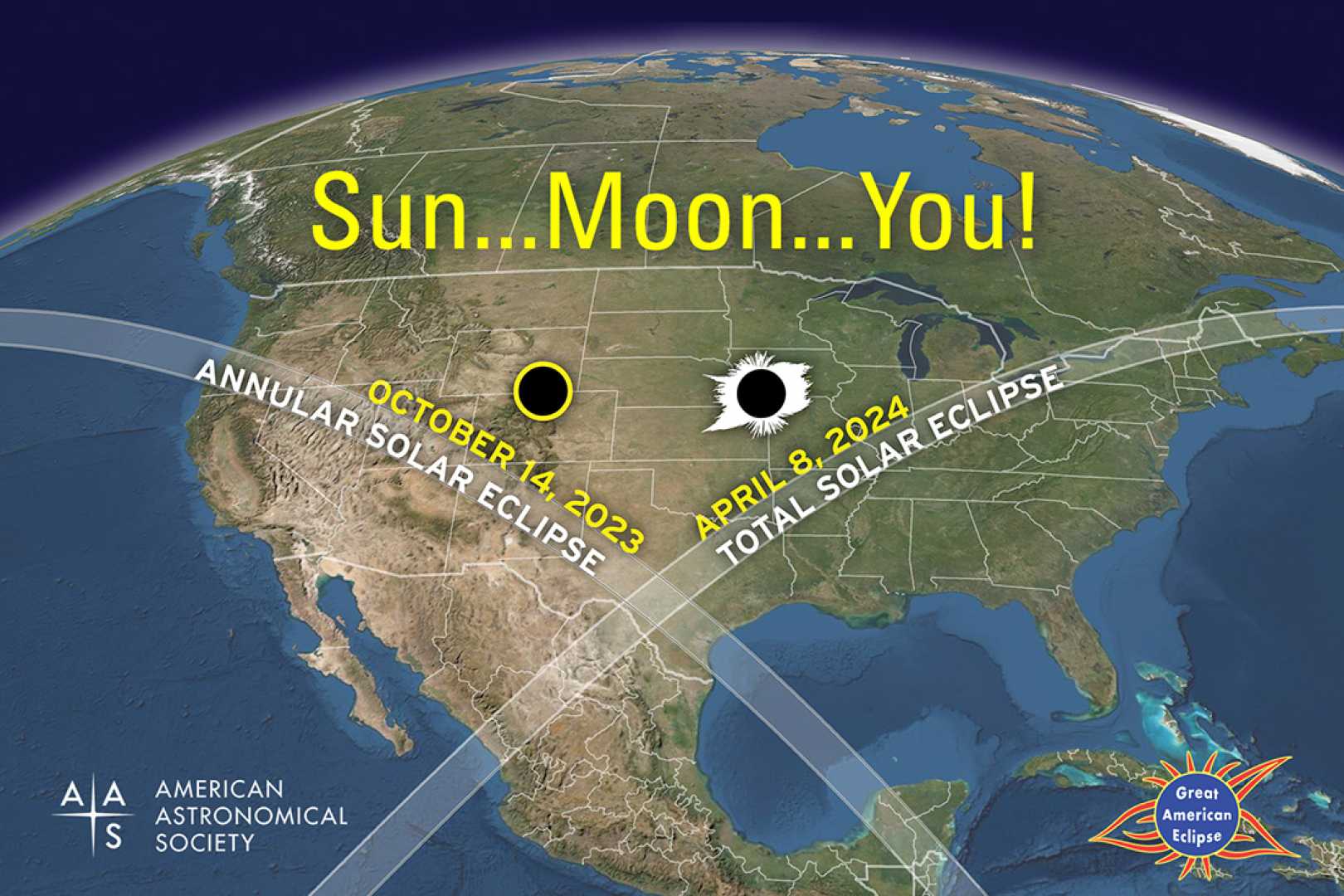News
Annular Solar Eclipse 2024: Key Details and Viewing Information

As the final solar eclipse of 2024 approaches, enthusiasts globally prepare to witness this astronomical phenomenon. Scheduled for October 2, 2024, this event will be an annular solar eclipse, often referred to as the “Ring of Fire” eclipse.
The year 2024 has already seen one solar eclipse on April 8, which was a total solar eclipse, not visible from India. The upcoming event marks the second and last solar eclipse of the year. An annular eclipse occurs when the moon’s apparent diameter is smaller than the sun’s, blocking most of the sun’s light and creating a radiant ring known as the “Ring of Fire” around the moon.
Unfortunately, this spectacular event will not be visible in India. During this time, it will be nighttime in the country. However, individuals in various parts of the world where the eclipse will be visible can view the eclipse through online live streaming platforms.
According to NASA, this annular eclipse’s duration will be approximately six hours and three minutes, starting at 9:14 AM and concluding at 3:17 PM IST. For those planning to view the eclipse, experts recommend using special glasses designed to protect eyes from solar radiation, as looking directly at an eclipse can cause eye damage.
The occurrence of such eclipses is of significant interest not only to the general public but also to scientists and astronomers. The allure of the “Ring of Fire” captivates observers globally, providing an opportunity for educational and scientific analysis.
This eclipse is part of a broader cycle of celestial events extending into future years. The year 2026, for instance, is expected to feature two solar eclipses, one of which is anticipated to be visible from regions including Iceland, Greenland, and parts of Russia, Spain, and Portugal.
The historical context surrounding solar eclipses also highlights their significance in various cultures and religions, particularly within Hinduism, where they are linked with the concept of “suthuk”, or the inauspicious time preceding an eclipse.












